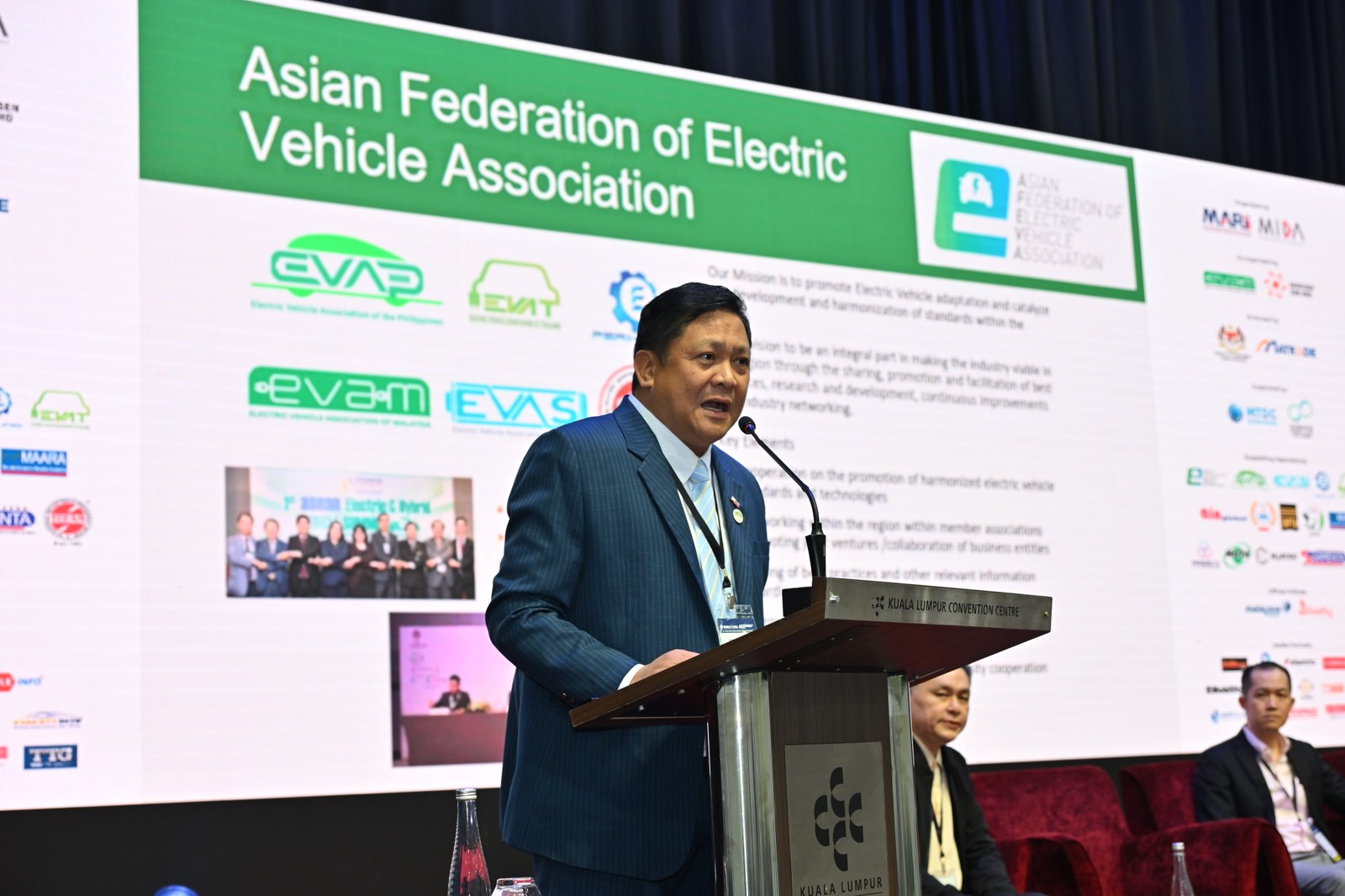EVAP Reaffirms Commitment to EVIDA Law, Advocates for Effective EV Incentives
- February 24, 2025
- 0

The Electric Vehicle Association of the Philippines (EVAP) has reaffirmed its strong support for the Electric Vehicle Industry Development Act (EVIDA) as it continues to engage with government agencies and stakeholders to ensure the effective implementation of the Electric Vehicle Incentives Scheme (EVIS). The association sees EVIS as a key driver in making electric vehicles (EVs) more accessible while encouraging local industry investments in EV production and infrastructure development.
EVAP President Edmund Araga emphasized the importance of a well-executed EVIS, noting that it will be a game-changer in shaping the country’s sustainable mobility landscape. He stated that properly structured incentives will not only lower the cost of EV ownership for consumers but will also spur investments in EV manufacturing and charging infrastructure, ensuring a more comprehensive and sustainable e-mobility ecosystem.
Under the EVIDA law, the EVIS provides a range of fiscal and non-fiscal incentives designed to encourage EV adoption and support the growth of the local EV industry. These include tax breaks, reduced import duties, priority vehicle registration, and dedicated parking spaces for EVs. The goal is to accelerate EV uptake in the country, reduce reliance on fossil fuels, and support the government’s clean energy and climate goals.
EVAP is actively monitoring the development of EVIS to ensure that the incentives are effectively structured to benefit both industry players and consumers. The association is also collaborating with the Department of Energy (DOE), the Department of Trade and Industry (DTI), and other key agencies to align policies and regulatory frameworks with the needs of the EV industry.
“The success of EVIDA and EVIS depends on strong collaboration between the government and private sector. We must ensure that these programs translate into real benefits for Filipinos—more accessible EVs, a reliable charging network, and a thriving local EV industry,” Araga said.
Aside from its policy advocacy, EVAP actively promotes EV awareness and industry collaboration through events such as the Philippine Electric Vehicle Summit (PEVS). The annual gathering serves as a platform for government officials, business leaders, and consumers to discuss the latest developments in electric mobility, showcase new EV models, and foster partnerships in the EV sector.
The association is also working to address stakeholder concerns related to incentive eligibility, regulatory compliance, and technical standards. By ensuring clear guidelines and a well-structured incentive system, EVAP aims to create an enabling environment that encourages both domestic and foreign investments in the EV market.
How do you think EV incentives under EVIDA can help accelerate the adoption of electric vehicles in the Philippines? What other government policies or private-sector initiatives do you think should be prioritized? Share your thoughts in the comments below and follow Power Philippines for the latest updates on EV developments and sustainable transportation!